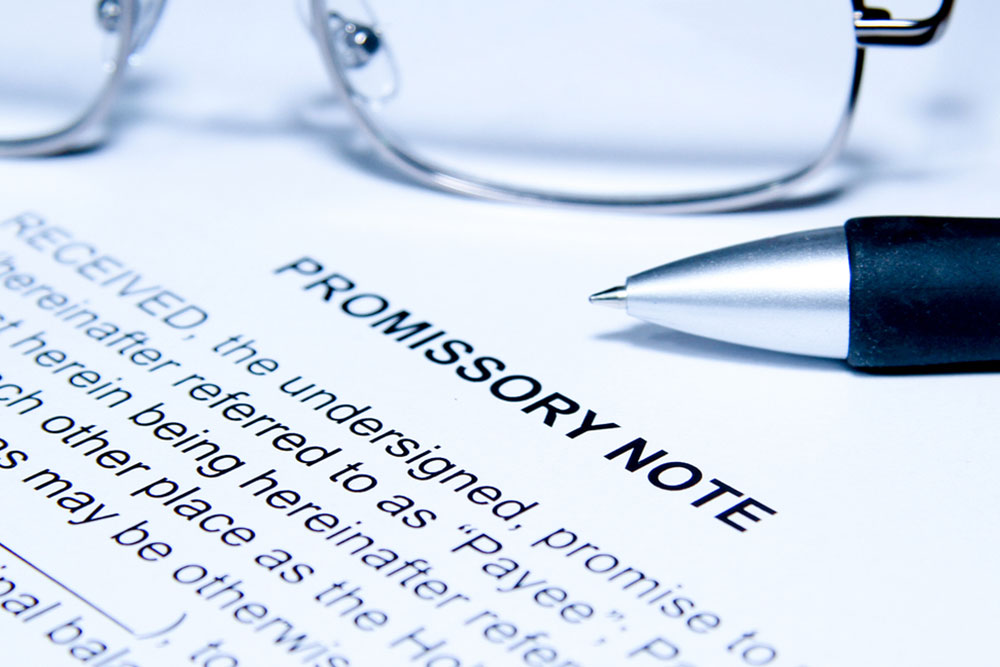What Should Be Included In A Promissory Note

A promissory note is a legally binding document attesting a relationship between a lender and a borrower. It works as a promise to pay the loan amount as well as the interest within a specific period of time. A promissory note must answer six most important questions, as listed below.
Who are the parties involved?
The promissory note must mention who is being repaid (lender) and who is repaying (borrower) the loan amount. Check with your state law and confirm which parties need to sign the promissory note. Usually, it is just the borrower. However, it is considered a good practice to have it signed by the lender too.
- How Much Money Needs To Repaid
A promissory note must clearly mention the principal amount that is being borrowed as well as the interest percentage that needs to be paid.
- How Is The Money Going To Be Repaid
The promissory note must mention clearly as to how the money is going to be repaid to the lender. It needs to state if the money is going to be repaid in installments, in installments with a balloon payment, in a lump sum or on demand.
- When Is The Money Going To Have To Be Repaid
A specific date for repayment has to be included in the promissory note. The borrower must repay the principal loan amount as well as the interest either on or before the date mentioned in the note.
- What Are The Consequences If The Money Is Not Paid Back
A promissory note can act as an important evidence in the court of law if a borrower defaults a loan. If the lender notarizes the promissory note and chooses to undergo legal proceedings, then the borrower must have to bear the attorney charges as well as any cost related to the proceedings.
- What Other Details Need To Be Mentioned
A promissory note may include other vital information such as acceleration, amendment, collateral, governing law, late charges, prepayment and right to transfer.



